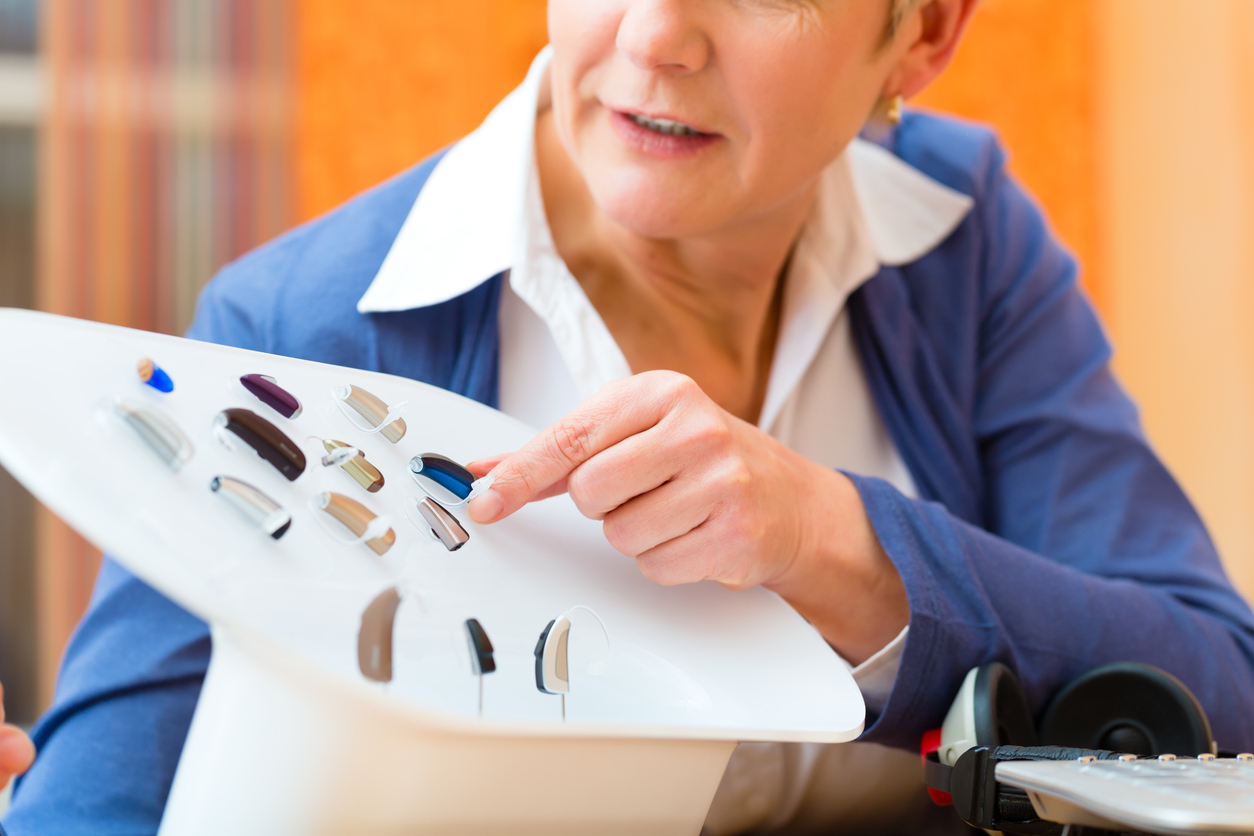On August 17, 2022, the final OTC rule issued by the FDA was published in the Federal Register. The final rule establishes a category for over-the-counter hearing aids and updates requirements for prescription hearing aids. The effective date of the final rule is October 17, 2022, 60 days after publication in the Federal Register.
 OTC hearing aids are only intended for use by adults with mild to moderate hearing loss and will be available for purchase online, through the mail, or in a retail location without the intervention of a licensed hearing professional, which will reduce the overall cost of treatment. This new category is applauded by hearing industry and professional groups alike, as it will expand treatment options for many consumers who have yet to take the first step toward hearing health. Licensed hearing professionals agree that although this new avenue is widely supported, it is still important for all individuals with hearing loss to first consult with a licensed hearing professional to better understand their unique hearing loss. Hearing loss can occur because of aging, noise exposure, medical treatment, injury, genetics, and even excess earwax. Having a professional observe the inner ear and conduct a hearing test can help the individual eliminate other medical conditions and be advised on the treatment options that will work best for their specific type of hearing loss.
OTC hearing aids are only intended for use by adults with mild to moderate hearing loss and will be available for purchase online, through the mail, or in a retail location without the intervention of a licensed hearing professional, which will reduce the overall cost of treatment. This new category is applauded by hearing industry and professional groups alike, as it will expand treatment options for many consumers who have yet to take the first step toward hearing health. Licensed hearing professionals agree that although this new avenue is widely supported, it is still important for all individuals with hearing loss to first consult with a licensed hearing professional to better understand their unique hearing loss. Hearing loss can occur because of aging, noise exposure, medical treatment, injury, genetics, and even excess earwax. Having a professional observe the inner ear and conduct a hearing test can help the individual eliminate other medical conditions and be advised on the treatment options that will work best for their specific type of hearing loss.
The FDA in the final OTC rule states the following: “Indeed, we recommend consulting licensed persons in several circumstances, including for the diagnosis of hearing impairment and in the fitting and continued use of OTC hearing aids when consumers choose to seek such services.”1
Here is what we know:
If you are interested in purchasing OTC hearing aids for treating your mild to moderate hearing loss, it's important to do your research and obtain a purchase receipt, understand the retailer’s return policy and the warranty on the device. Noise related hearing loss is on the rise so consumers should also be careful to choose a device and amplification level that will provide a benefit while doing no harm. If you have any questions about your hearing health or need advice about the various styles of hearing aids and treatment options, reach out to a licensed hearing professional. For more tips about how to choose a hearing device, visit our What to Consider When Looking for a Hearing Aid page.